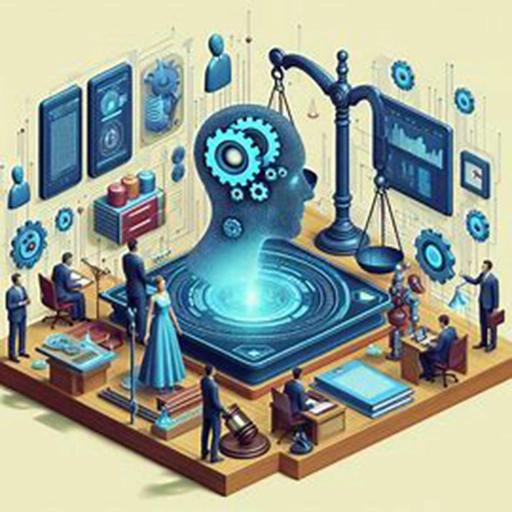Introduction
Contracts are the backbone of legal transactions, but their analysis can be labor-intensive and error-prone. Enter AI-powered contract analysis, a technology set to transform this critical aspect of legal practice. By leveraging artificial intelligence, lawyers can now review contracts with unparalleled speed and precision, ensuring nothing slips through the cracks.
The Traditional Contract Review
Reviewing contracts manually is time-consuming and can lead to missed clauses or overlooked risks. This traditional approach is often inefficient, especially with large volumes of contracts. Lawyers have to meticulously read through pages of dense legal text, looking for specific terms and conditions, which is both exhausting and prone to human error. The result? Delays, increased costs, and sometimes, costly mistakes.
How AI Transforms Contract Analysis
AI tools can review and analyze contracts at lightning speed, identifying key clauses, potential risks, and compliance issues. These tools use machine learning to understand legal language and context, ensuring a thorough and accurate analysis. Imagine being able to upload a stack of contracts and getting a detailed analysis within minutes – that’s the power of AI in contract review.
Case Study: Kira Systems
Let’s take a closer look at Kira Systems, a pioneer in this field. Kira uses AI to automate contract review, extracting and analyzing information from contracts with high accuracy. This tool significantly reduces the time lawyers spend on contract review, allowing them to focus on higher-value tasks. Kira’s AI can identify and highlight key provisions, spot potential risks, and even compare terms across multiple documents. The result is a more efficient and effective review process, minimizing the risk of human error.
Practical Benefits for Lawyers
- Enhanced Productivity: By automating the tedious aspects of contract review, AI tools free up valuable time for lawyers to focus on more strategic and analytical aspects of their work. This means more time for client interactions, case strategy, and business development.
- Improved Accuracy: AI-driven contract analysis tools are designed to minimize errors by consistently applying the same standards of analysis. This leads to more accurate and reliable results compared to traditional manual methods. Lawyers can trust that nothing critical is missed.
- Cost Savings: Reducing the time spent on contract review translates to lower costs for clients, making legal services more affordable and accessible. Law firms can also save on labor costs, allowing them to offer more competitive pricing.
- Risk Mitigation: By identifying potential risks and compliance issues early, AI tools help lawyers mitigate risks before they become significant problems. This proactive approach can save clients from costly legal disputes down the line.
Challenges and Considerations
While the benefits of AI in contract analysis are clear, there are challenges to consider. One significant concern is the potential for bias in AI algorithms. If the data used to train AI systems is biased, the results can perpetuate those biases. Legal professionals must be vigilant in selecting and using AI tools, ensuring they are built on diverse and unbiased datasets. Additionally, the integration of AI requires a shift in mindset and workflows within law firms, necessitating training and adaptation.
Ethical Implications
As with any technological advancement, the use of AI in contract analysis comes with ethical considerations. Lawyers must ensure that AI tools are used responsibly and transparently. Clients should be informed about the use of AI in their contract reviews and assured that human oversight remains integral to the process. This transparency builds trust and ensures that ethical standards are maintained.
Conclusion
AI in contract analysis is enhancing the efficiency and accuracy of legal practice. Lawyers leveraging these tools can provide more comprehensive and timely advice, ultimately benefiting their clients and their practice. As AI technology continues to evolve, its impact on the legal profession will only grow. By embracing these advancements, lawyers can stay ahead of the curve, delivering exceptional value to their clients and transforming the way they work. The future of contract analysis is here, and it’s powered by AI.
References
- Kira Systems. (n.d.). Retrieved from Kira Systems
- Artificial Intelligence in Law: The State of Play 2019. (n.d.). Retrieved from Harvard Law School
- IBM Watson. (n.d.). Retrieved from IBM Watson







